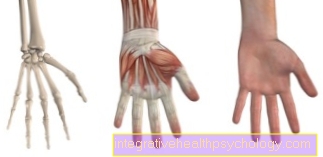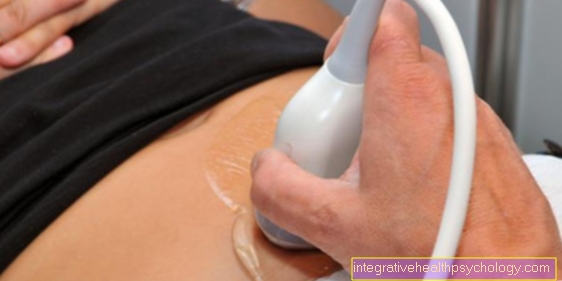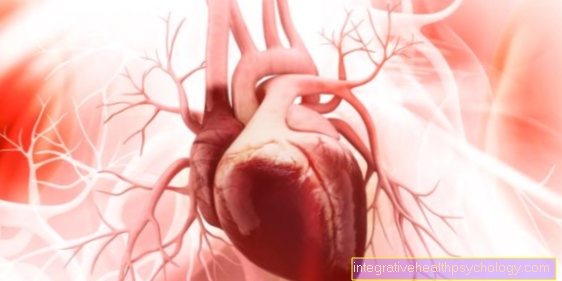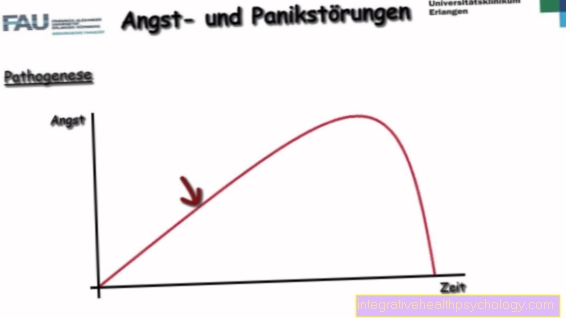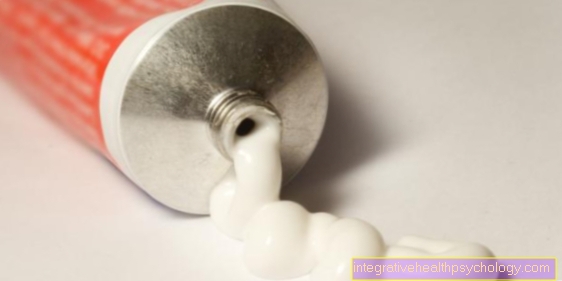Dolantin
Definition
Dolantin®, which contains the active ingredient pethidine, is a Opioid analgesic and is prescribed for severe pain. It is prescription only and should only be taken under strict medical supervision.
Active ingredient
Pethidine

Dosage form
Dolantin® is available both as Solution for injection as well as drops.
dosage
The Standard dosage of Dolatin® depends on the dosage form. The following information relates to Adults.
Between 25-150 mg is the single dose when pethidine is administered in the skin (subcutaneous) or in the muscle (intramuscular).
Between 25-50 mg you can enter the vein (intravenous) apply.
The single dose of Dolatin® as drops lies between 10-60 dropswhat about 25-150 mg pethidine corresponds.
All 3 to 6 hours another dose can be given. Overall, the Daily dose of 50mg not be exceeded. If the total dose is exceeded, the analgesic effect does not increase, only the number of side effects. At Liver damage and Renal failure the dose of Dolantin® must be reduced.
Mechanism of action
Pethidine is a pain reliever, which is one of the Opioids counts.
However, it doesn't just work pain reliever, but also cough suppressant, drowsy and respiratory depressive (i.e. it worsens the breathing). In addition, it increases the Heart rate and lowers the Blood pressure.
Dolantin® comes with oral administration (i.e. in the form of drops) only 50% ins bloodbecause the liver breaks down a large proportion. After about 24 hours, half of the active ingredient is broken down. On average, pethidine works about 3 to 4 hours.
The active ingredient is unchanged in up to 25% over the kidney excreted from the body, the remaining percent in turn go to the liver and become there Norpethidine transformed. If there is renal insufficiency, this active ingredient can accumulate in the body and thus lower the seizure threshold and cause one Seizure trigger.
application
Dolantin® is at severe pain administered after an operation, a Heart attack or by one tumor may occur. The action of the opioid on the µ-receptor increases the pressure in the Crazy oddi (a smooth, ring-shaped sphincter that regulates the evacuation of bile).
Contraindications
If any of the following applies to you, you may do not use Dolantin®:
- Hypersensitivity against Pethidine or in drops additionally containing preservatives Betaine hydrochloride and Methyl 4-hydroxybenzoate
- parallel intake of MAO inhibitors or if MAOIs have been taken within 14 days
- Children under one year must not take Dolantin®
- heavy respiratory failure
Restricted areas of application
Dolantin® is used to treat acute pain and should not for long-term treatment used for chronic pain.
Extra caution is required with Dolatin®
- when a Dependence on opioids, alcohol, drugs etc. exists
- with impaired consciousness
- in conditions in which the respiratory center or the respiratory function are disturbed
- in hypotension with reduced blood volume
- at Craniocerebral trauma
- if you have liver or kidney dysfunction
- at Seizures in the medical history
- in diseases of the prostate or the urethra
- in children under 16 years of age and in the elderly (the dose should be reduced here)
Use during pregnancy and breastfeeding
As there is little knowledge of how Dolantin® affects pregnancy, it is not recommended to take it.
Read more on the topic: Medication during pregnancy
At the moment, however, there are no results that Dolantin® carries an increased risk of malformations. If pethidine is taken during pregnancy, the child may become used to it and withdrawal symptoms may occur after birth.
After the administration of Dolantin® during childbirth, newborns can show the following symptoms:
- low heart rate
- Respiratory depression
and - weakened neurological functions.
Dolantin® passes into breast milk and should not be breastfed if it is taken repeatedly.
Side effects
As with all other drugs, side effects can also occur when taking Dolantin®. These include:
- Hypersensitivity reactionsthat can even be life threatening
- Hypotension (low blood pressure)
- increased heart rate
- skin rash
- confusion, Mood changes (mostly elevated mood), perception disorders and disorientation
- Withdrawal syndrome
- Delirium, tremor and seizures
- Respiratory depression
- nauseaVomiting, constipation and micturition disorders (due to an increase in the tone of the smooth muscles in the gastrointestinal and urinary area)
The effect of Dolantin® can be canceled with the help of naloxone.


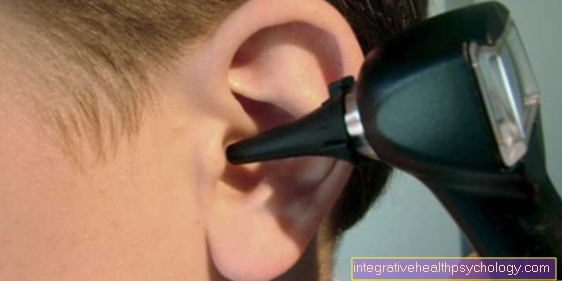


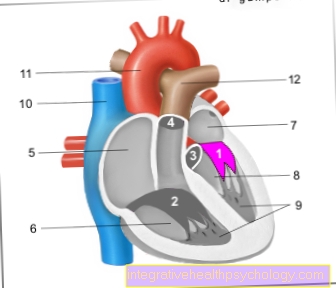
.jpg)

